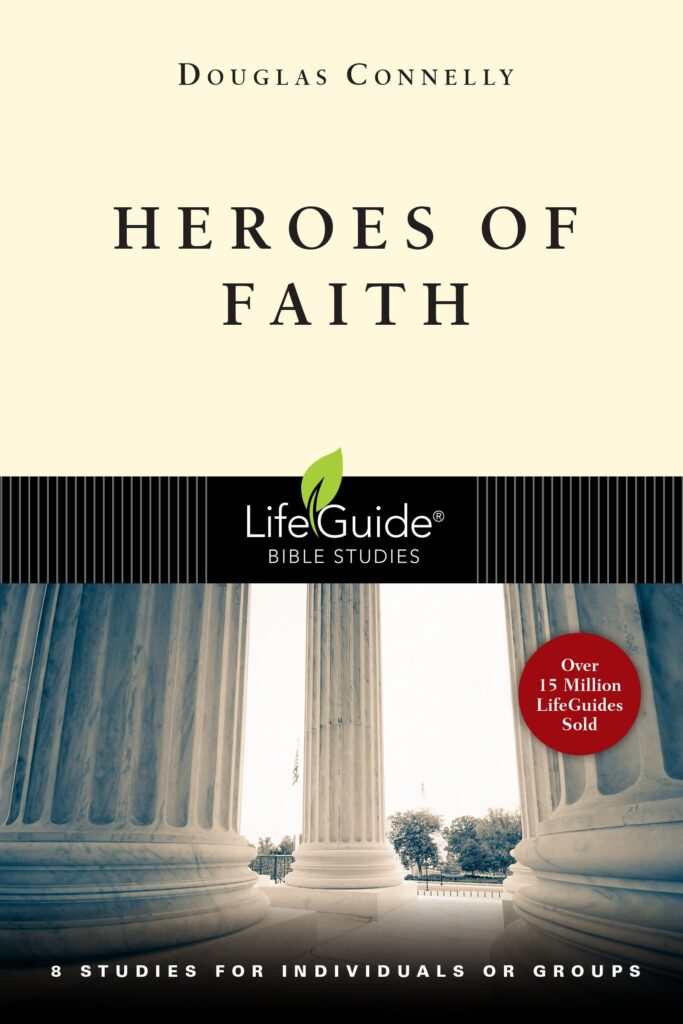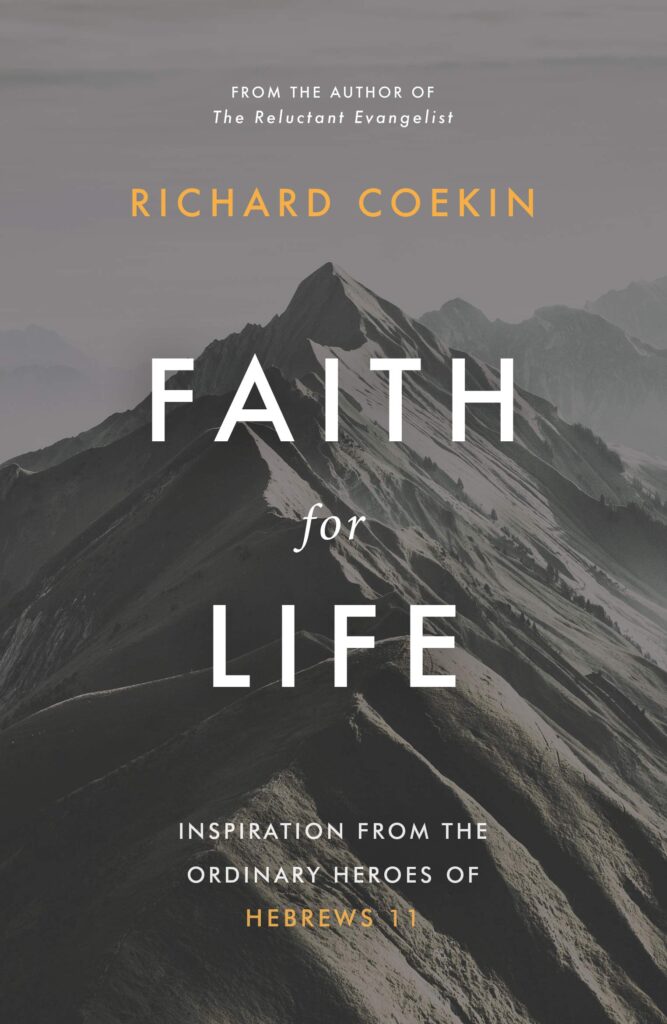Click here to return to Blog Post Intro
Genesis 4:4-13 – Cain and Abel
Adam made love to his wife Eve, and she became pregnant and gave birth to Cain. She said, “With the help of the Lord I have brought forth a man.” Later she gave birth to his brother Abel.
Now Abel kept flocks, and Cain worked the soil. In the course of time Cain brought some of the fruits of the soil as an offering to the Lord. And Abel also brought an offering—fat portions from some of the firstborn of his flock. The Lord looked with favor on Abel and his offering, but on Cain and his offering he did not look with favor. So Cain was very angry, and his face was downcast.
Then the Lord said to Cain, “Why are you angry? Why is your face downcast? If you do what is right, will you not be accepted? But if you do not do what is right, sin is crouching at your door; it desires to have you, but you must rule over it.”
Now Cain said to his brother Abel, “Let’s go out to the field.” While they were in the field, Cain attacked his brother Abel and killed him.
Then the Lord said to Cain, “Where is your brother Abel?”
“I don’t know,” he replied. “Am I my brother’s keeper?”
The Lord said, “What have you done? Listen! Your brother’s blood cries out to me from the ground. Now you are under a curse and driven from the ground, which opened its mouth to receive your brother’s blood from your hand. When you work the ground, it will no longer yield its crops for you. You will be a restless wanderer on the earth.”
Cain said to the Lord, “My punishment is more than I can bear. Today you are driving me from the land, and I will be hidden from your presence; I will be a restless wanderer on the earth, and whoever finds me will kill me.”
Heroes of Faith by Douglas Connelly

Pleasing God
God’s acceptance or rejection of sacrifices made to Him was based on the attitude of the worshipper. Abel offered his sacrifice by faith-with a heart of gratitude and trust in God. Cain offered his sacrifice in pride—reflected in his angry response to God when his offering was rejected.
Some have argued—based on the Hebrews text—that Abel went out of his way to bring the best offering to the Lord but that Cain simply discharged a duty (Allen Ross, Creation and Blessing: A Guide to the Study and Exposition of Genesis, 1988).
Certainly Cain’s evil heart, seen only by God at first, revealed itself quickly in his resentment toward God and in the murder of his brother, in his uncooperative answers to God, and in his objection to God’s punishment of him for his actions.
The story of Abel’s faith still speaks generation after generation. We are still puzzling over it thousands of years later! But we should not that Abel was not righteous because he brought the best offering, but because he came with a heart of faith. It was his trust in God and his love for God that prompted him to bring the best he had as an offering.
We walk in the way of Cain when we come to God filled with pride in ourselves or confidence in our best efforts. We walk in Abel’s way when we come to God on his terms with hearts that are open to receive from him.
Every time we worship or give an offering to God of time or money or effort, we have an opportunity to examine our hearts for signs of faith for an attitude of humility and gratitude to the Lord.
Faith for Life: Inspiration from the Ordinary Heroes of Hebrews 11 by Richard Coekin

Cain grew up farming crops while Abel kept flocks. Genesis tells us that Cain brought some of “the fruits of the soil”, from his harvest; Abel brought “fat portions from some of the firstborn of his flock.”
Why did God approve of Abel’s offering but not Cain’s?
- God was pleased by the faith that motivated Abel. Cain offered a sacrifice—as religious people do—trying to impress God and earn his approval. But Abel’s sacrifice was motivated by the faith within his heart. The author of Hebrews would have known the prophet Isaiah’s condemnation of faithless sacrifices—“Their hearts are far from me” (Isaiah 29:13). Abel made a sacrifice to please God as part of his personal faith in the living God, whom he worshipped.
- God was pleased by Abel’s faith expressed in bringing a blood sacrifice. It’s not that the “fat portions from some of the firstborn of the flock” were better. This offering involved the death of an animal, pointing forward to the Passover and Day of Atonement sacrifices in the temple and ultimately to the bloody death of the suffering servant, Jesus, on the cross to pay for our sins in our place.
- God commended Abel as “righteous.” Jesus even calls him “righteous Abel” in Matthew 23:35. It’s not that Abel stumbled across the right sacrifice to secure God’s arbitrary approval. Rather, God graciously gives some sinners faith to trust his promise: to realize we have nothing to commend ourselves to God so another must die in our place. When Abel demonstrated his faith, like every believer after him, God “commended him as righteous,” declaring him “justified” in advance of judgment day, and qualified for access to God forever.
When the author of Hebrews writes, “And by faith, Abel still speaks, even though he is dead” (11:4), he means that the faith of Abel is still speaking to us now in the Bible. The simple encouragement for the Hebrews and for us is that Abel’s faith promises commendation and acceptance from God for all who rely, by faith, on the blood sacrifice of Christ and not on our own religious bribes, as Cain did.
God’s Hall of Faith Speaks Today (Hebrews 11) by J. David Eshleman

Abel understood his parents’ teaching that blood sacrifice was required for the atonement of sin. Unfortunately, his brother Cain chose to ignore what God taught. He chose to go his own ay in choosing an offering to God.
In Matthew 15:19, Jesus pointed out, “Out of the heart come evil thoughts (reasonings and disputing and designs) such as murder, adultery, sexual vice, theft, false witnessing, slander, and irreverent speech.”
At harvest time, Cain brought a gift from the crops he had cultivated while Abel followed God’s plan and brought several choice lambs from his best flock for his sacrifice. The Lord accepted Abel’s offering but not Cain’s.
Cain was jealous of Abel. His jealousy led to resentment, anger, depression, and eventually murder (Genesis 5:4-5). We need to recognize our own feelings of anger that move from disappointment to depression, loneliness, unforgiveness, hatred and even murder.
Abel learned to obey and submit to God’s way.

Cain was rebellious while Abel was humble, teachable, and had a broken and contrite heart.
Jesus said, “If you love me, you will obey me.” Obedience is an absolute essential in being included in God’s Hall of Faith. Abel was included because his faith led to works.
Hebrews 11:4 reminds us that even though Abel died, his faith and obedience speak to us today.
Unlikely Heroes: Ordinary People with Extraordinary Faith by Daniel Lockwood

We know nothing of Abel’s childhood, his spiritual upbringing, his hobbies, his dreams, or his idiosyncrasies. A portrait of Abel would be shaded in vanilla tones except for his one simple and epic decision to obey the command of God.
Although Abel is clearly the hero of the story, Cain grabs the center of attention. The story in Genesis 4 mentions Cain by name sixteen times to Abel’s eight; he is present in almost every verse.
Let’s consider the story of Cain and Abel as a brief drama in the following four acts:
Act I: The Two Offerings
In Genesis 4:1-5, the two sons of Adam and Eve prepare to offer a sacrifice to God. Cain is a famer; Abel, a shepherd. They each bring an offering to the Lord that reflects their vocation. God ultimately accepts Abel’s sacrifice and reject’s Cain’s.
Some suggest that God accepted Abel’s sacrifice because it meets God’s requirement of the shedding of blood. Cain’s vegetable offering does not. Others suggest that Abel offers the best from his flock, whereas Cain brings the surplus—perhaps an overripe surplus—from his crops.
Whether you embrace the blood theory or the surplus theory, one thing is clear: Cain lacks a sincere, spiritual motivation to please God; Abel offers his sacrifice by faith. We might even say the heart of the issue is that their hearts are the issue.
Act II: The Warning
Genesis 4:6-7 highlights God’s response to Cain’s resentful heart. “Why are you angry?” God asks, after rejecting Cain’s offering. “Watch out, if you persist in bitterness, then sin, like a crouching animal (or serpent), will fulfill its desire to dominate you. Choose wisely, Cain. Gain the upper hand!”
In this unusual encounter, we glimpse the extraordinary grace of God. God implies that Cain has another chance to do the right thing, another opportunity to receive God’s approval, just as there is for us.
Act III: The Murder
In Genesis 4:8-15, the story takes a devastating turn. In a chilling fulfillment of God’s words, Cain invites Abel to join him in the field, away from watching eyes. There, he murders him in cold blood.

Abel, along with many others in the register of faith, illustrates the principle that the life of faith may indeed have lethal consequences. For Abel, his obedient sacrifice became “sacrificial obedience.”
Act IV: The Two Legacies
The Legacy of Cain
Cain’s legacy is the consequence of a hardened heart and a heatless act. God cursed Cain, “The ground you so love to till, and the crops whose harvest so delights you, will fail you. Your green thumb will turn black, and every plant you tend will die. You will become nomadic, a wanderer on the earth and a fugitive among men.” Cain shows no remorse, no repentance, no guilt, no shame. Instead, he complains that God’s punishment is unfair. God even extends Cain another second chance, protecting him from being killed. Can ultimately chooses to become an exile from the presence of the Lord, settling in Nod (which means “wandering”).
The Legacy of Abel
Abel is a righteous martyr. Abel’s spilled blood spoke out to God immediately, but his testimony continues to this day. In the pages of Scripture, Abel testifies about the importance of faith in the living God. Anytime we read the Genesis account, the testimony rings again.
Abel shows us—from beyond the grave—that living by faith involves obeying God regardless of the consequences. Faith may not lead to prosperity, adulation, or peace. Like Abel, we may pay dearly in this life for righteous choices. But when the result of those choices is the eternal approval of an eternal God, it seems a very insignificant price to pay.

